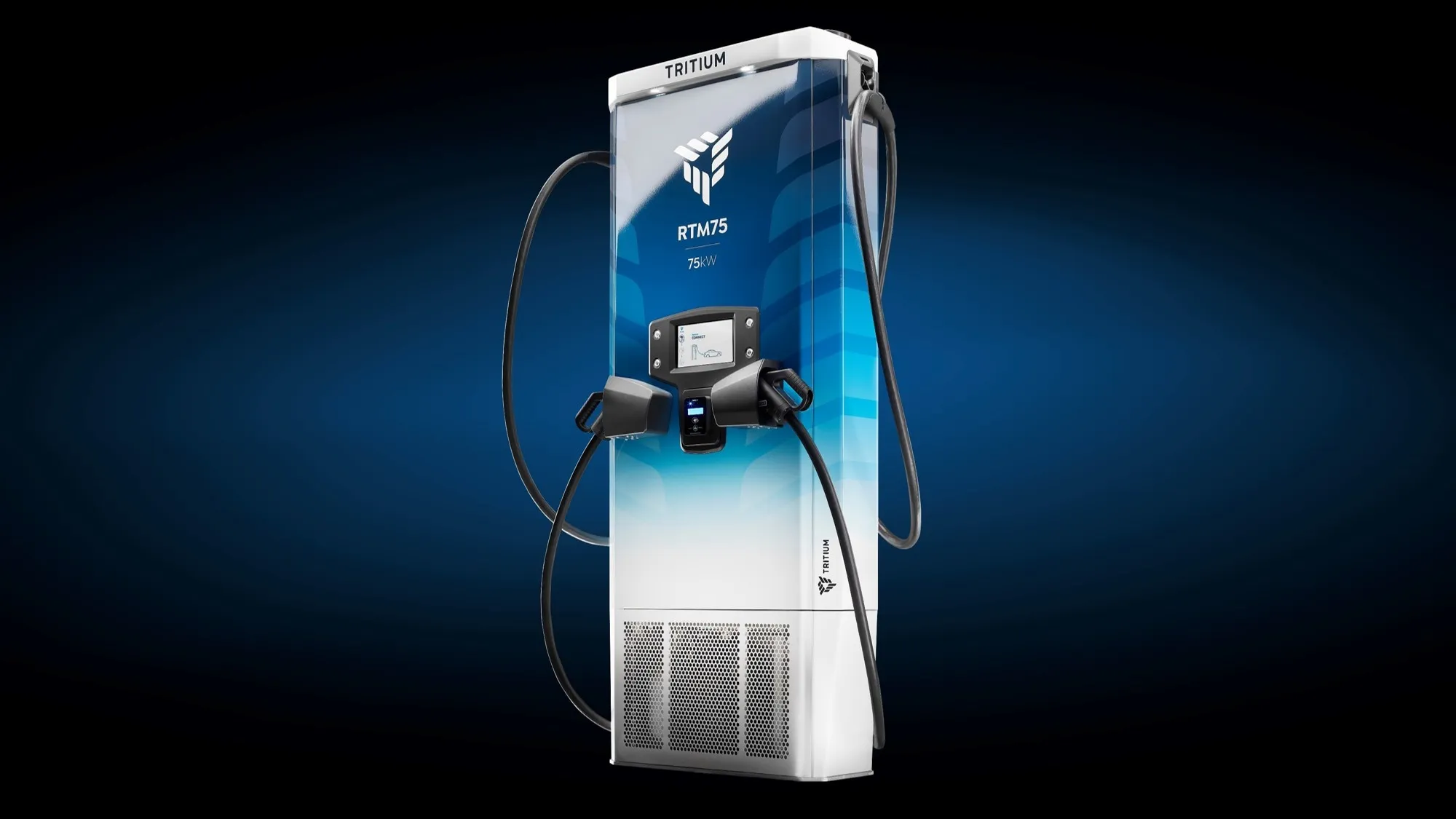Arcola Energy and its German partner
Later in the year a fleet of hydrogen-powered vans, supplied by Arcola Energy, will also use Orkney’s new hydrogen supply.
The ‘walk-in’ hydrogen fuel cell system is configured as a training facility, allowing local people to develop the skills required the future operation and maintenance of hydrogen fuel cells on boats. Arcola Energy will initially provide training to the operators of the fuel cell and later support the training of local maintenance staff and crews of marine vessels.
Arcola Energy powers UK hydrogen fuel cell project
Arcola Energy has completed delivery and installation of a unique hydrogen fuel cell system, as part of an innovative energy storage project in the Orkney Islands, Scotland.
Arcola Energy and its German partner Proton Motor joined forces to design, build and install a 75kW hydrogen fuel cell system as part of the island’s innovative Surf ‘n’ Turf project. The project sees excess renewable electricity converted into hydrogen on the island of Eday, which is then stored and transported to Kirkwall on the Or
September 29, 2017
Read time: 2 mins
Arcola Energy has completed delivery and installation of a unique hydrogen fuel cell system, as part of an innovative energy storage project in the Orkney Islands, Scotland.









